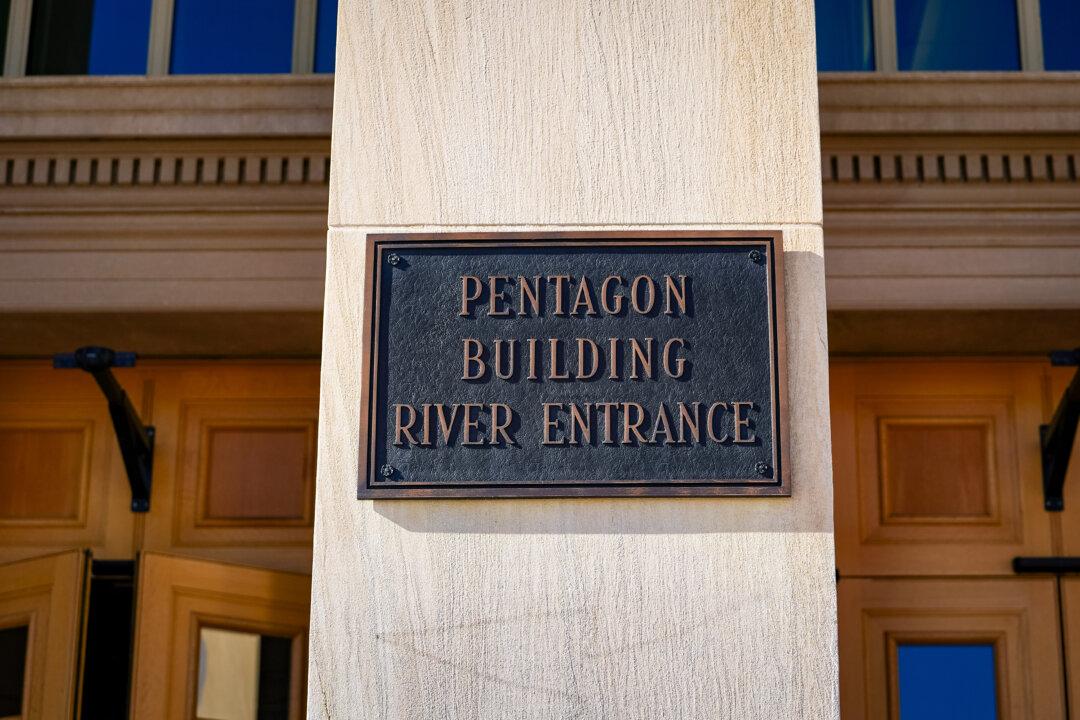The Pentagon has formally established the Office of the Assistant Secretary of Defense for Cyber Policy.
In a press release issued on March 29, the Department of Defense (DoD) explained that the office was established under the 2023 National Defense Authorization Act.




